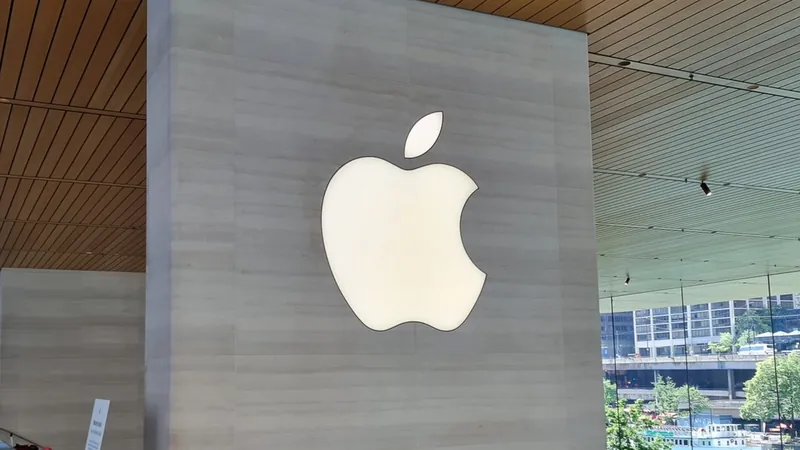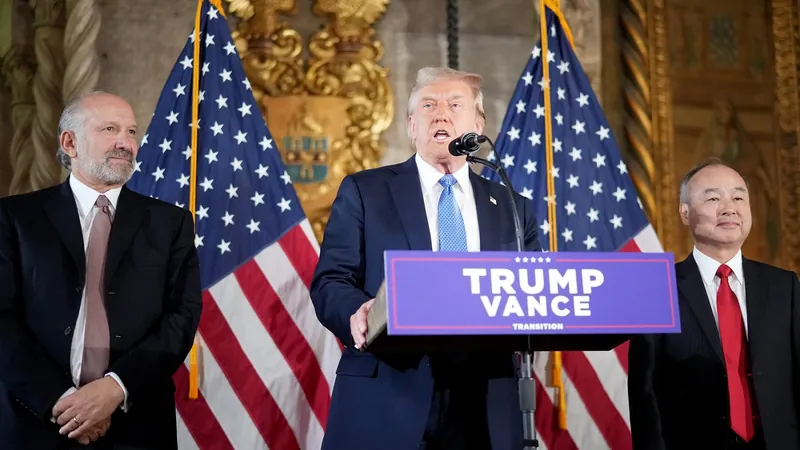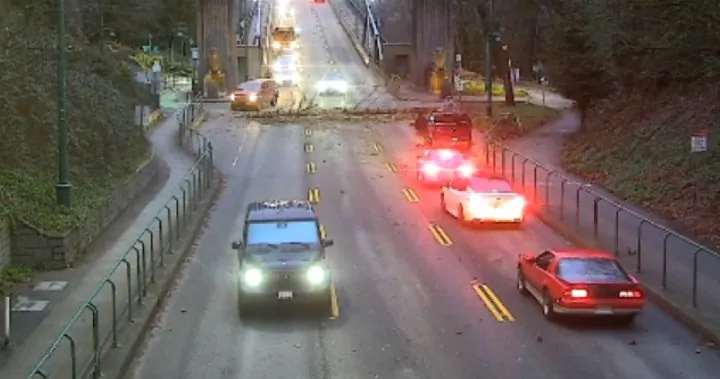
The Evolving Landscape of Loot Box Regulation in 2024: What Gamers and Developers Need to Know
2024-12-17
Author: Jacques
As 2024 unfolds, we delve into the dynamic world of loot box regulation across various countries. The once-pressing concerns over whether loot boxes amount to gambling have eased somewhat, with most jurisdictions now focusing on compliance aspects rather than outright bans. However, Belgium remains the outlier, where all paid loot boxes are officially prohibited.
Regulatory Overview: Key Compliance Requirements
Countries worldwide are tightening regulations surrounding loot boxes, primarily focusing on several key areas: 1. Disclosure Requirements: Game developers must clearly state the presence of loot boxes in their product listings and advertisements. 2. Probability Transparency: Companies are mandated to disclose the probability of obtaining specific rewards from loot boxes. 3. Age Restrictions: Many countries have imposed minimum age ratings for games that feature loot boxes, often aligning with consumer protection laws. For those interested in the finer legal details, my extensive research on loot box regulations can be explored in my PhD thesis, which compiles source materials for in-depth review.
Country-Specific Updates
Belgium: A Strict Ban
Belgium remains firm in its stance against loot boxes. Notably, Pokémon Unite has chosen to cease operations entirely within the country due to non-compliance with gambling laws. The Belgian gambling authority may prosecute companies for violations, so game developers must either remove loot boxes from their offerings or provide alternative versions without these features.
The Netherlands: Compliance but No Ban
In contrast, the Netherlands allows paid loot boxes as long as they comply with consumer protection regulations. Following a favorable court ruling in March 2022, developers are legally permitted to offer these features. The Dutch regulatory body has actively enforced these laws, recently fining Epic Games over €1.1 million for infractions related to Fortnite.
EU and Beyond: Stricter Consumer Protections
Across the European Union, consumer protection mandates have become more stringent. Any game containing loot boxes must explicitly disclose this in all advertising, with the European Commission reinforcing these regulations across member states. The upcoming EU Digital Fairness Act is expected to introduce even more robust regulations governing loot boxes.
Austria: Conflicting Legal Outcomes
Austria's landscape presents a complicated picture, with recent court cases yielding conflicting rulings regarding the legality of certain loot boxes. An appeal to the Supreme Court is anticipated to offer clarity on these legal complexities, setting potentially influential precedents.
Germany and Australia: New Age Ratings
Germany has implemented a minimum age rating of 12+ for all games featuring loot boxes. Similarly, Australia introduced a new M rating for games with loot boxes, effective from September 2024. Notably, games that modify their loot box mechanics post-implementation could risk facing stricter regulations and potential re-evaluation.
East Asia: Unique Disclosure Laws
In regions like Mainland China, Taiwan, and South Korea, regulations demand precise probability disclosures for loot boxes. Companies operating in these markets, such as those behind popular titles like Apex Legends, have been held accountable for their failure to comply with these rules.
United Kingdom: Striving for Compliance
The UK has seen the activation of industry self-regulatory principles concerning loot boxes as of mid-2024. Unfortunately, many popular games still lack compliance, prompting intervention from the Advertising Standards Authority to enforce proper disclosures.
Spain and Brazil: Looming Legislation
In Spain, a new draft law aims to ban paid loot boxes with transferable rewards for minors, sparking concern among developers of affected games. Brazil is similarly working on legislation to officially classify loot boxes as illegal gambling.
The United States: A Fractured Legal Landscape
Recent legal challenges against loot boxes in the US have generally proven unmeritorious, affirming the legality of these practices across most jurisdictions. Nevertheless, developers are advised to steer clear of potential pitfalls by staying informed about local laws and regulations.
The Future of Loot Boxes
As regulations evolve, the landscape surrounding loot boxes is becoming increasingly complex. Both gamers and game developers must remain vigilant to ensure compliance and navigate potential legal repercussions. Companies are encouraged to seek specialized legal advice to unravel the multilayered legal maze surrounding loot boxes. With the properly sequenced developments in the realm of loot box regulation, both players and developers can look forward to clearer guidelines and an enhanced gaming experience. Let's keep an eye on this evolving narrative as it unfolds in 2024 and beyond!









 Brasil (PT)
Brasil (PT)
 Canada (EN)
Canada (EN)
 Chile (ES)
Chile (ES)
 España (ES)
España (ES)
 France (FR)
France (FR)
 Hong Kong (EN)
Hong Kong (EN)
 Italia (IT)
Italia (IT)
 日本 (JA)
日本 (JA)
 Magyarország (HU)
Magyarország (HU)
 Norge (NO)
Norge (NO)
 Polska (PL)
Polska (PL)
 Schweiz (DE)
Schweiz (DE)
 Singapore (EN)
Singapore (EN)
 Sverige (SV)
Sverige (SV)
 Suomi (FI)
Suomi (FI)
 Türkiye (TR)
Türkiye (TR)